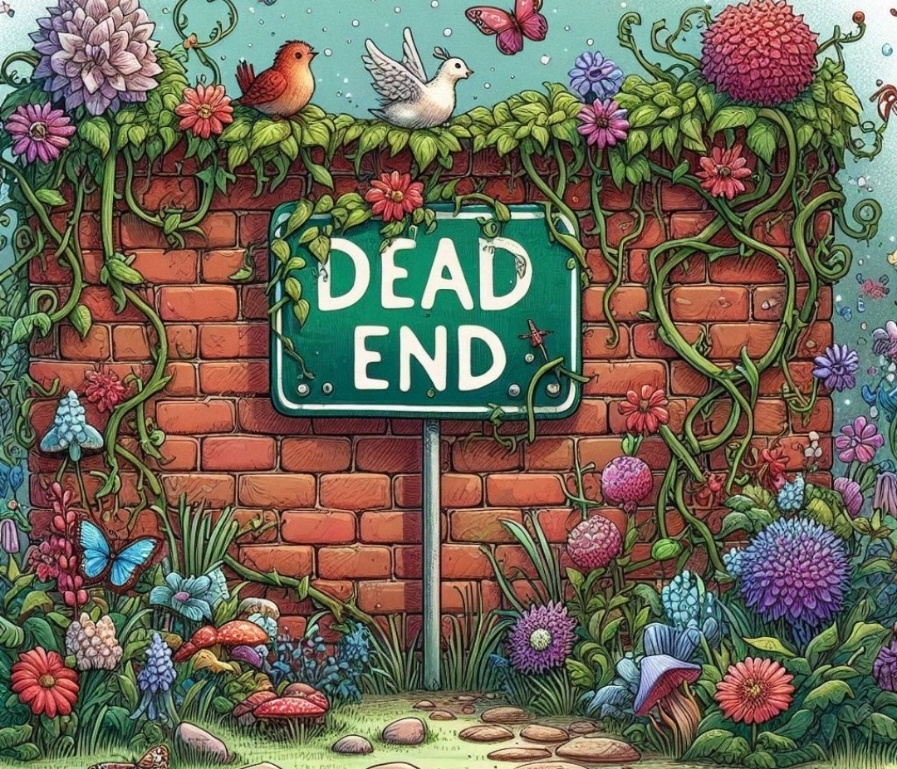
If a situation or relationship is pulling you down, you might notice signs like feeling constantly stressed, drained of energy, or experiencing a lack of joy and motivation. Pay attention to how you feel around certain people or in certain circumstances. If it consistently brings negative emotions or impacts your well-being negatively, it might be pulling you down. Trust your instincts and consider discussing your feelings with trusted friends or seeking professional guidance if needed.
It’s essential to listen to your inner voice and pay attention to these signs. If you recognize any of these patterns, it might be time to reevaluate the situation or relationship and consider making changes to prioritize your well-being. When a situation or relationship is pulling you down, it tends to manifest in various ways that affect your overall well-being and mental health.
Here are some elaborations on what to look out for
Constant Stress: If you find yourself constantly stressed or anxious when thinking about or dealing with a particular situation or person, it could be a sign that it’s negatively impacting you.
Drained Energy: Notice if you feel physically or emotionally exhausted after interacting with certain people or being in specific situations. This draining feeling can indicate that something is pulling you down.
Lack of Joy and Motivation: Pay attention to your levels of happiness and motivation. If you feel consistently unhappy or lack the drive to pursue your goals or interests, it could be a sign that something in your life is dragging you down.
Negative Self-Talk: Notice if you find yourself engaging in negative self-talk more frequently when dealing with a particular situation or person. This could be a subconscious reaction to feeling undervalued or invalidated in that context.
Physical Symptoms: Sometimes, being in a negative situation or relationship can manifest in physical symptoms like headaches, stomachaches, or trouble sleeping. These symptoms can be your body’s way of signaling distress.
Isolation: If you find yourself withdrawing from social interactions or avoiding certain situations altogether because they make you feel worse, it could be a sign that those situations or relationships are detrimental to your well-being.
Lack of Growth: Consider whether the situation or relationship is helping you grow and evolve as a person or if it’s keeping you stuck in a negative cycle. Healthy relationships and situations should encourage personal growth and development.
Intuition: Trust your gut feeling. If something doesn’t feel right, it probably isn’t. Your intuition can often provide valuable insights into whether a situation or relationship is beneficial or harmful to you.

Knowing when a situation or relationship has reached a dead end can be challenging, but there are several signs to watch out for
Constant Conflict: If conflicts and disagreements seem to be the norm rather than the exception, and efforts to resolve them are consistently unsuccessful, it may indicate that the relationship has reached a dead end.
Lack of Communication: Communication is essential for healthy relationships. If communication breaks down or becomes superficial, and attempts to address it are unsuccessful, it could be a sign of a dead-end situation.
One-Sided Effort: Relationships require effort and investment from both parties. If one person is consistently putting in more effort than the other, and attempts to balance it out are unsuccessful, it may indicate that the relationship has reached its limit.
Feeling Stuck or Stagnant: If you feel like the relationship is no longer growing or evolving, and you’re stuck in a repetitive cycle without any positive change or progress, it may be a sign that it’s time to move on.
Loss of Trust: Trust is the foundation of any healthy relationship. If trust has been repeatedly broken, and efforts to rebuild it are unsuccessful, it can be difficult to move forward together.
Unfulfilled Needs: If your needs and expectations consistently go unmet, despite expressing them clearly and making efforts to address them, it may indicate that the relationship is unable to meet your needs and has reached a dead end.
Feeling Unhappy or Resentful: If being in the relationship consistently makes you feel unhappy, resentful, or emotionally drained, and attempts to address these feelings are unsuccessful, it may be a sign that the relationship has run its course.
Lack of Future Vision: If you can’t envision a future with the person or in the current situation, and attempts to create a shared vision are unsuccessful, it may indicate that the relationship has reached its end.
Physical or Emotional Abuse: Any form of abuse, whether physical or emotional, is unacceptable and should not be tolerated in a relationship. If you’re experiencing abuse and efforts to address it are unsuccessful, it’s important to prioritize your safety and well-being above all else.
Intuition: Trust your gut feeling. If something doesn’t feel right, it probably isn’t. Your intuition can often provide valuable insights into whether a situation or relationship has reached a dead end.Ultimately, deciding whether a situation or relationship has reached a dead end requires honest self-reflection, open communication, and sometimes seeking guidance from trusted friends, family members, or professionals. It’s important to prioritize your own well-being and happiness above all else.

Staying in a situation or relationship that has reached a dead end is generally not healthy for your well-being. Continuing in such circumstances can lead to prolonged stress, unhappiness, and a sense of stagnation. Here are some reasons why it’s usually not advisable.
Diminished Quality of Life: Remaining in a dead-end situation or relationship can negatively impact your overall quality of life, as you may experience constant stress, frustration, and emotional turmoil.
Wasted Energy: Investing time and energy into a relationship or situation that isn’t serving you anymore can be draining and may prevent you from focusing on more fulfilling aspects of your life.
Limited Growth: Dead-end situations often hinder personal growth and development, as there’s little opportunity for learning, evolving, or pursuing new experiences.
Resentment and Bitterness: Over time, staying in a dead-end situation or relationship can lead to feelings of resentment, bitterness, and regret, which can further erode your mental and emotional well-being.
Missed Opportunities: By clinging to a relationship or situation that has run its course, you may be missing out on new opportunities for growth, happiness, and fulfillment that await you elsewhere.
Self-Worth: Remaining in a dead-end situation can negatively impact your self-esteem and self-worth, as you may start to internalize feelings of inadequacy or unworthiness.
Inability to Move Forward: Staying in a dead-end situation can prevent you from moving forward with your life and pursuing new goals, dreams, and relationships that align with your values and aspirations.

While ending a relationship or making a significant change in your circumstances can be daunting, prioritizing your own well-being and happiness is essential. It’s okay to acknowledge when something no longer serves you and to take steps to move on and create a life that aligns with your needs and desires. Remember that seeking support from trusted friends, family members, or professionals can help you navigate through this challenging transition.
Hare Krishna🙏🏼